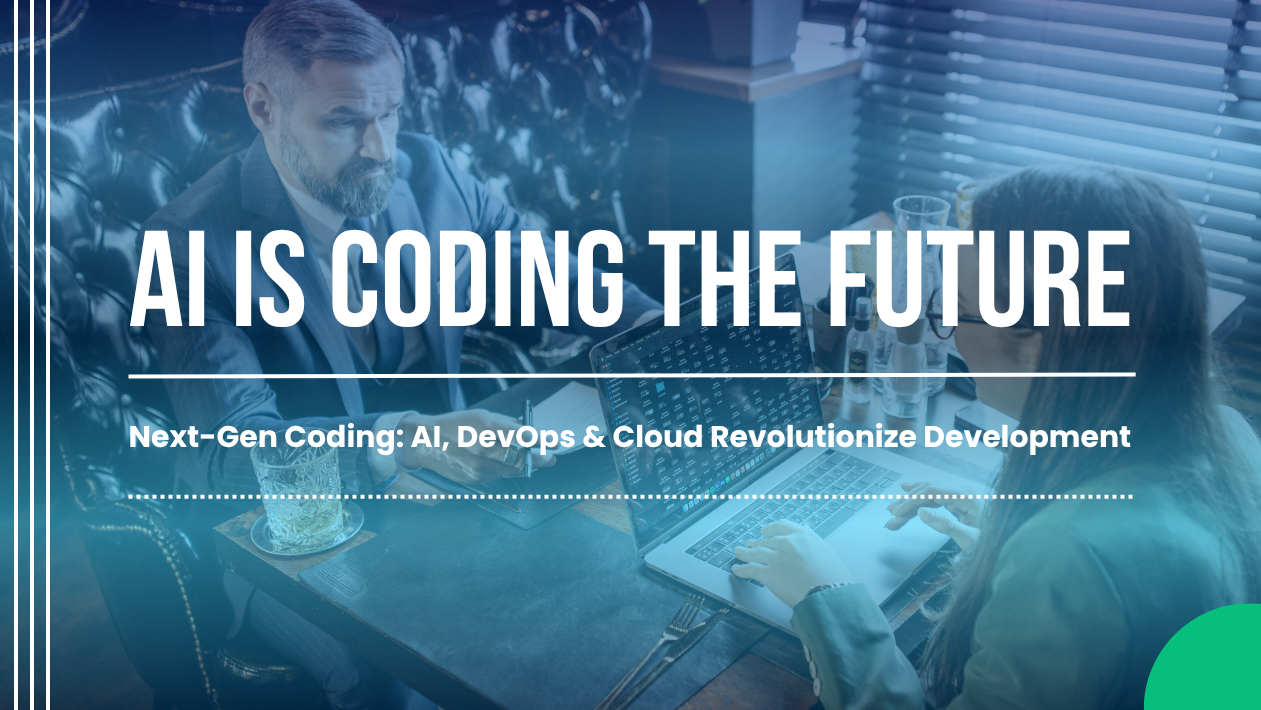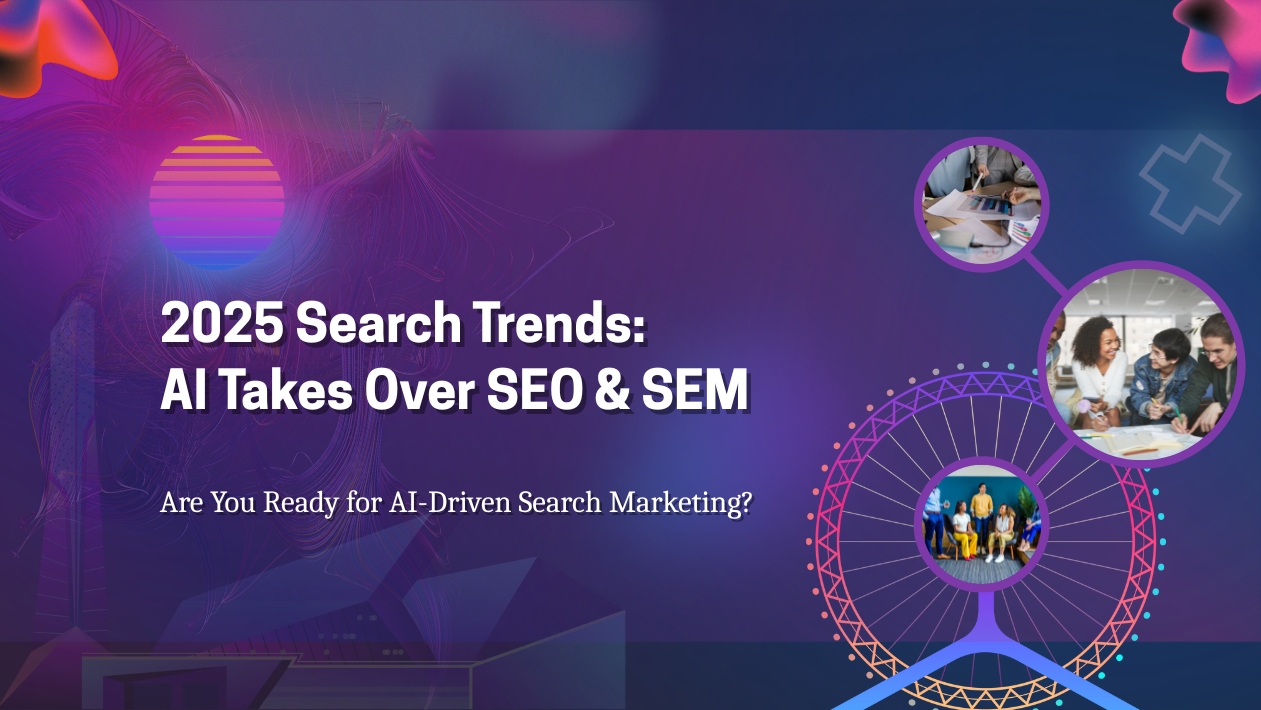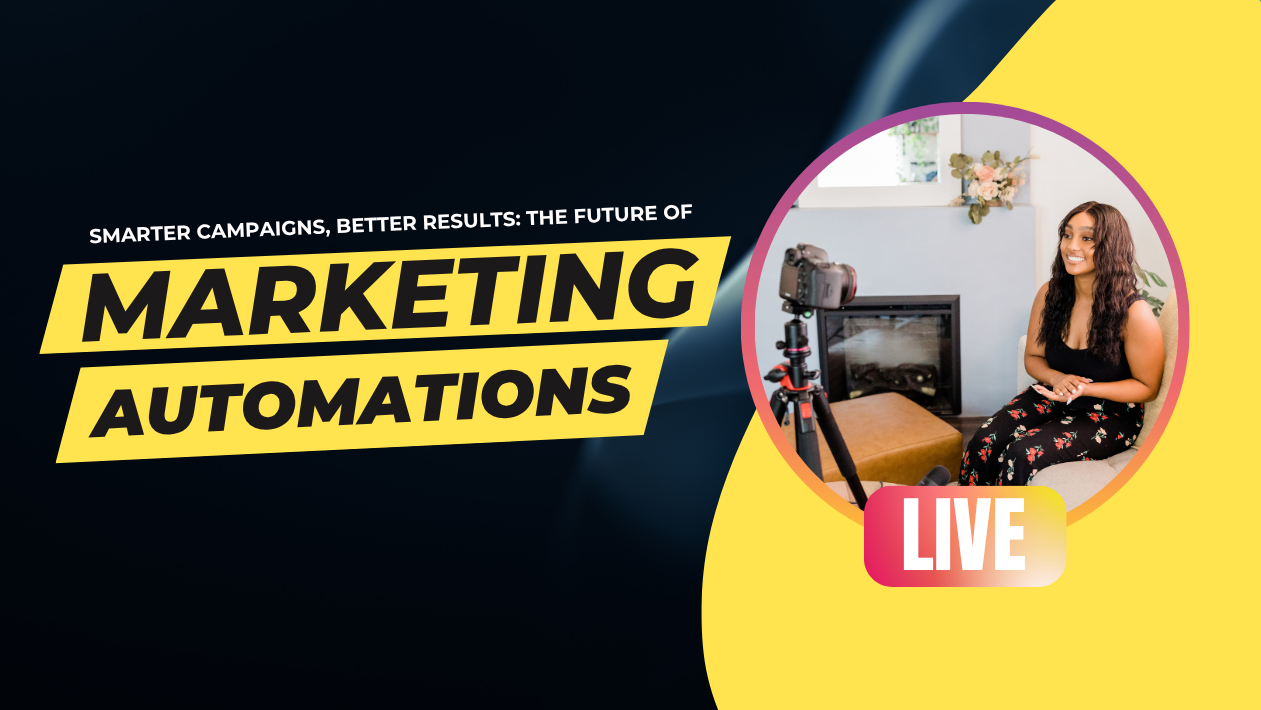In 2025, Search Engine Optimization (SEO) and Search Engine Marketing (SEM) are undergoing rapid transformation, driven by the evolution of AI-generated content, conversational search, and Google’s increasingly intelligent algorithms. As marketers adapt to this new landscape, mastering both organic and paid search has never been more strategic—or complex.
AI Search Engines Force Marketers to Rethink Content Strategy
With AI-powered search tools like Google Search Generative Experience (SGE) and Microsoft Copilot, users now receive summarized answers instead of a list of blue links. This shift has reduced traditional click-through rates, leading brands to optimize content for AI interpretation, not just keyword ranking.
SEO strategies now focus on:
- Semantic search optimization
- Answering questions directly
- Structuring data for AI parsing
- Improving E-E-A-T (Experience, Expertise, Authoritativeness, Trust) signals
Voice and Visual Search Continue to Grow
With over 60% of mobile users relying on voice assistants and visual discovery tools like Google Lens, businesses are optimizing for natural language queries and image-based results.
SEO in 2025 includes:
- Optimizing for “near me” and spoken queries
- Using schema markup for product images and metadata
- Targeting platforms beyond Google (e.g., TikTok search, Pinterest, and YouTube)
SEM: Automation, Smart Bidding, and First-Party Data Integration
Search advertising has become more intelligent and automated. Platforms like Google Ads and Microsoft Advertising now rely on:
- Smart bidding powered by machine learning
- Audience-based targeting using first-party CRM data
- Responsive Search Ads (RSAs) that dynamically test copy variations
Marketers are shifting budgets toward Performance Max campaigns, using AI to optimize across Google’s full inventory—including Search, YouTube, Gmail, and Display.
Zero-Click Searches on the Rise
Nearly 65% of Google searches in 2025 result in no clicks, thanks to knowledge panels, featured snippets, and AI summaries. To remain visible:
- Brands are prioritizing featured snippet optimization
- Leveraging rich snippets and structured data
- Investing in brand SERP optimization and knowledge graph management
Privacy and Search Marketing: The Cookieless Challenge
As third-party cookies phase out, SEM professionals are leaning on:
- First-party data strategies
- Consent-based remarketing
- Server-side tracking and GA4
Privacy-first personalization is now key to targeting while remaining compliant with GDPR, CCPA, and new global data laws.
What’s Next: Hyper-Personalization and AI Collaboration
Looking ahead, the convergence of AI content generation, personalized search results, and integrated marketing platforms will reshape how brands approach both SEO and SEM. Success will rely on understanding search intent deeply, adapting to rapid algorithm changes, and creating genuinely helpful, human-first content.





